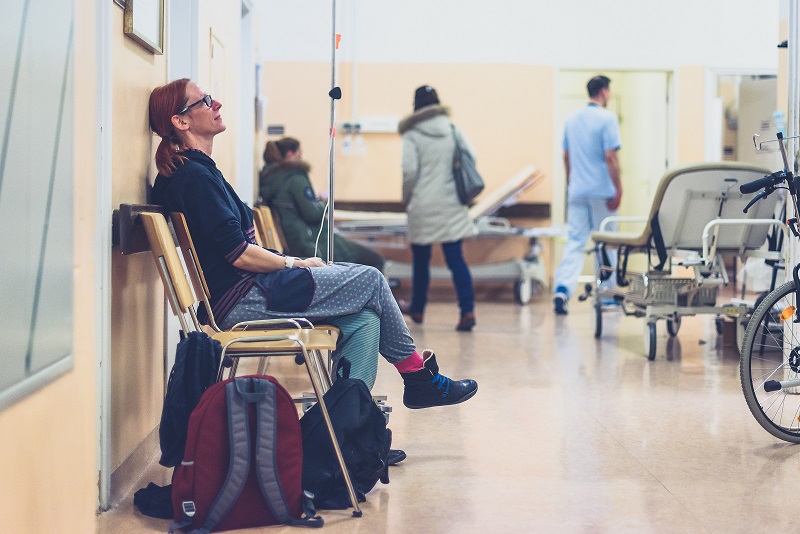There has been unprecedented pressure put on the NHS over the last 18 months as the UK responds to the Covid-19 pandemic. However, as we start to see the light at the end of the tunnel with covid hospital admissions falling, there is a very serious problem of patients having their surgeries and treatments delayed for extended periods of time.
More than six million people are waiting for non-urgent treatment on the NHS in England as waiting lists hit a record high again, with over 20,000 people having to wait more than two years to start hospital treatment. For patients time is a very important factor and having treatment quickly can give them a much better chance of recovery.
These delays are particularly dangerous for those who have already waited some time for the initial referral for a surgical procedure and long waits or cancellations can be incredibly stressful for patients and their families.
When Non-Urgent Treatments Become Urgent
The trouble with non-urgent treatments being delayed is that some of these patients wait so long that their requirement for care then becomes very urgent.
For example, a patient recommended for a hip replacement due to arthritis might find that the joint deteriorates, meaning that surgery would be less effective and more complicated. The patient could also suffer from strains on other parts of the body as they compensate for the bad hip, leading to a lack of mobility and quality of life.
Waiting for surgery and having your appointment dates pushed back or cancelled can be very difficult for families, particularly when their loved one is suffering and in pain.
Consequences of Delayed Treatment
Delays can cause irreversible complications and health issues. If you believe that you have suffered unnecessarily due to delayed treatment, then you may have a claim for compensation.
For some people, a delayed diagnosis could mean that treatment options are reduced, and what could have been resolved quickly and easily, now requires invasive treatment.
When is There a Claim?
Making a claim against a private doctor or the NHS can be very daunting, but it may allow your family the opportunity to move forward and provide financial security for the future.
If you think that you might have a claim, then please call us on 01256 844888. Unlike the large claim companies that you might see advertised on daytime TV, we have a local landline and local specialist lawyers who you can speak to directly at any stage of your claim.
We deal with claims on a ‘No Win / No Fee’ basis, which means that there is no risk to you in making a claim for compensation.
Contact Us
To speak to a specialist medical negligence lawyer who can assess your situation and advise on the next steps, please call us on 01256 844888 or email enquiries@lambrooks.com. Alternatively, you can speak to our online chat assistant (who is a real person, not a robot!) at any time of day via our website/
Other articles you may be interested in reading:
Making a Hospital Complaint & When to Take it Further
“Its Not About the Money” Justice After Negligence
6 Signs That You Might Have a Claim
The contents of this article are for the purposes of general awareness only. They do not purport to constitute legal or professional advice. The law may have changed since this article was published. Readers should not act on the basis of the information included and should take appropriate professional advice upon their own particular circumstances.

